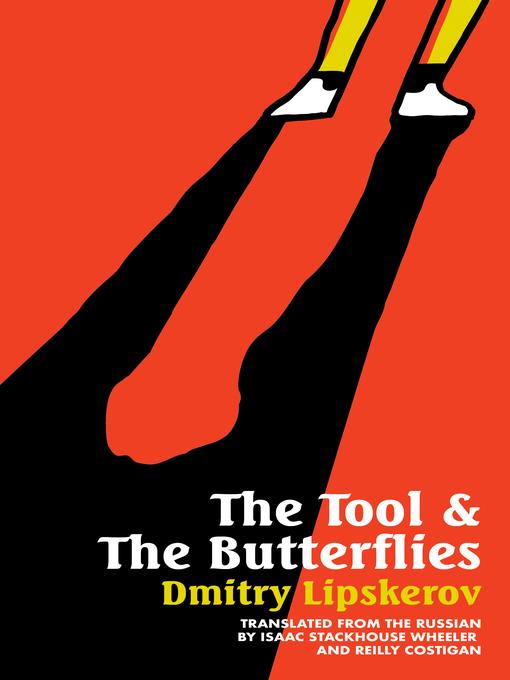
The Tool & the Butterflies
کتاب های مرتبط
- اطلاعات
- نقد و بررسی
- دیدگاه کاربران
نقد و بررسی

December 1, 2020
A wealthy Russian man loses his "tool." One day in 21st-century Moscow, Arseny Iratov, a wealthy and archmasculine architect, wakes up to find that his tool, aka his "member," aka "the primary organ of the male body," "was nowhere to be found." Alarming as it would be on its own, this development is complicated by two facts: First, that Vera, Iratov's beloved, has suddenly begun to yearn for motherhood; and second that, in Gogol's grand tradition, Iratov's member (now named Eugene) is at large in the world in the form of a beautiful young man set on seducing Vera. Had Lipskerov moved no wider with his story, the result might have been a cutting satire of the state of wealth and masculinity in post-Soviet Russia. But, alas, Lipskerov has grander plans. Rather than focusing on the Iratov-Vera-Eugene love triangle and/or the often fascinating depictions of Iratov's Soviet-era dealings in the Russian black market, Lipskerov widens the phenomenon. Iratov's doctor, too, loses his member, as do millions (then billions) of men the world over. (Though, strangely, only Eugene appears as an autonomous entity, which reduces his existence to a quasi-pointless Gogol reference.) Much of the story is related, meanwhile, by a nameless nonhuman narrator (he's hundreds of years old and can regenerate wounds in his sleep) who is quite interested in the lives of Iratov's illegitimate descendants (sired during his raucous Soviet-era youth), on whom the future of humanity may rest. Lipskerov's novel--his first to be translated into English--suffers for its cosmic ambitions, sacrificing human characters and plots in favor of slapstick humor and a pan-historical narrative scope. Fans of Bulgakov and Gogol will find some chuckles while American readers may grimace at the racial insensitivities demonstrated by some characters and the degradingly sexualized caste of women. But in his descriptions of "firing-squad offense[s]" and communal apartments, Lipskerov does give us some powerful glimpses of a world that, though contemporaneous to our own, was forged from a different metal. A scattered satire of contemporary Russia.
COPYRIGHT(2020) Kirkus Reviews, ALL RIGHTS RESERVED.

























دیدگاه کاربران